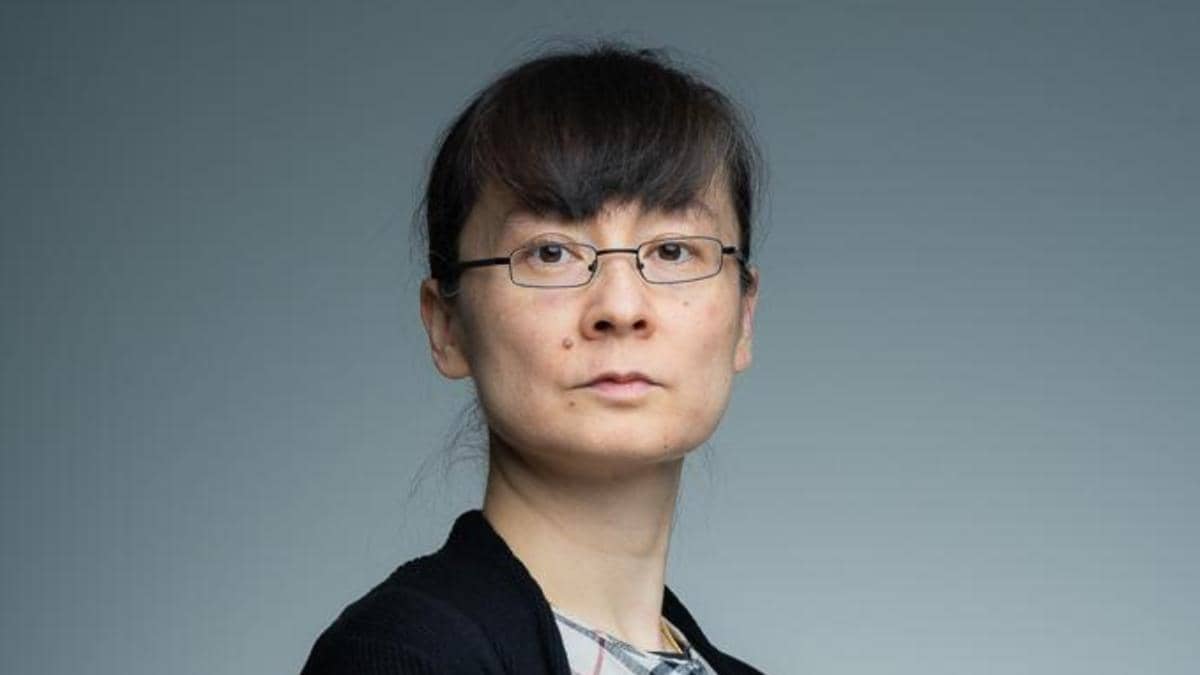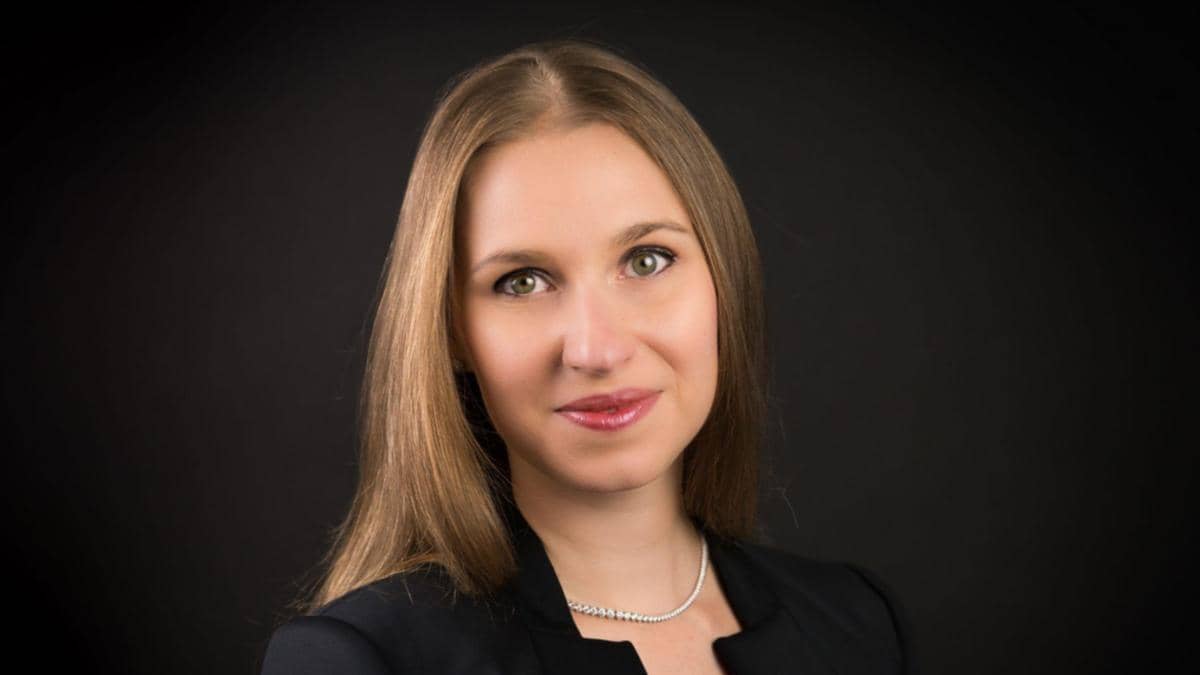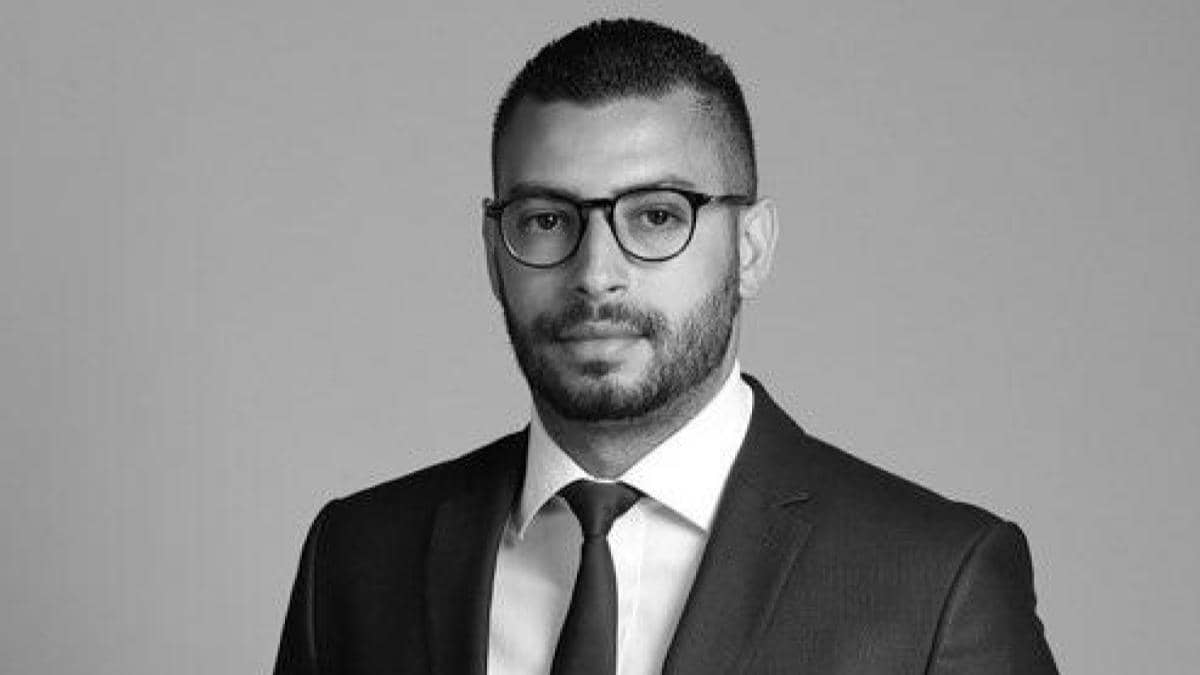Mia Söderberg, Fund Selector of the Month
25 AUG, 2020
By Ana Andrés
Mia Söderberg, originally from Sweden, began her financial career as a financial advisor in Malmö (Sweden) before joining IKC Capital AB where she was the Head of Fund Selection. Mia then moved to Copenhagen-based Nykredit Asset Management as a Senior Portfolio Manager and manager selector. This past June, Mia joined Munich RE to strengthen their manager selection team.
Below we interview Mia to hear about her transition into the new role, and her advice as an experienced manager and fun selector.

What do you think leads to success in the investment industry? Can you give some advice for people starting a career in asset management?
I think you need a sense and feeling for the importance of social contacts and collaboration. You need the influence and ideas of others to improve your own. That might seem obvious but I feel there are many people in this industry who underestimate the value of social interaction and focus more on calculations, analysis etc, which of course is the corner stone in this industry. But it is important to not neglect the value of the social collaboration. I feel it is an important key in this industry, to be able to go further and get better at what we do. There is an Asset Manager in the industry with the slogan “Actual investors build relationships – not only portfolios” and I think they are very right about that. Interaction drives an organization weather it is big or small forward.
What is the greatest challenge as a fund selector?
There are so many challenges in this role, but to get under the skin and really get to know the managers and their strategies, to understand how they work and think is a challenge, and a very important one. Since there is only historic data to analyze and the future never behaves exactly like the past, it is a challenge to understand if the managers will be able to sustain and replicate their good historical performance into the future. Identifying parameters that will make them and their team successful and what kind of dynamic drives their collaboration in their everyday work - these are very interesting, but challenging, subjects.
How did your day-to-day change since you began working from home, and do you have any advice during these challenging times?
Not seeing your colleagues as often is challenging, especially since I am rather new in my role, and there are several colleagues I have yet to meet. Getting to know people digitally instead of in-person is rather hard. At Munich Re we have several methods to keep up the coffee-culture of colleagues interacting with each other, like with virtual meetings discussing less work-focused topics and also having a quiz every week. My new colleagues told me that it actually allowed them to get to know some of their colleagues better than before, even if they have worked together for a long time. I think there is a lot of good take-aways from this challenging time if dealt with some creativity.
What has been the most extraordinary thing you have seen in markets? Were the market scenarios/volatility caused by the health crisis shocking to you?
No not really, I thought it would be worse actually. The markets were rather slow to react to the spread of the virus. When the spread started to go global the markets did react and volatility was high, but not for very long. I have worked in the industry for more than 20 years and I have seen a few crises come and go. I also lived in Singapore when SARS hit Asia and I have seen the effect of fear and trying to control a disease before. But it is certainly in a completely different dimension this time. I would say that the markets have surprised in their resiliency as they reacted to the impact of the disease. More surprising was when the oil forwards turned negative for a while, which was unpredicted. It is not over yet, time will tell how it turns out.
What do you love the most about your job, and what do you like the least?
That is a very good question, there is so much to like about my job, the talented, smart colleagues, the challenging tasks, the deep-diving analysis. I even find the hands-on number crunching very interesting. I find the discussions about investment themes like passive/active, ESG and sustainability’s role in the investment decision making, the growth/value play, demographics impact on the long term financial developments, etc, are all super interesting topics. I also enjoy meeting different managers who run interesting strategies with a diverse focus across many different asset classes. I must say there are very few things, if any, I find less like-able.
Which assets do you think will perform better in 2020 considering the current market situations? Which assets are performing well under stress scenarios?
There are always certain assets that performs better under shorter periods of time during stressful periods, but I think it is more constructive to focus on what assets will come out of the crisis stronger than others. To take a longer perspective and reflect on which changes might stay, how it will impact the economy, how the market will behave going forward, and how human behavior might change after this crisis are all important topics. I think sustainability has underlined its relative importance during this crisis and strategies ran with this in mind will benefit in a longer perspective. The awareness of sustainability has gained strength after showing that it is related to resilience and strength in many aspects for overall performance.


